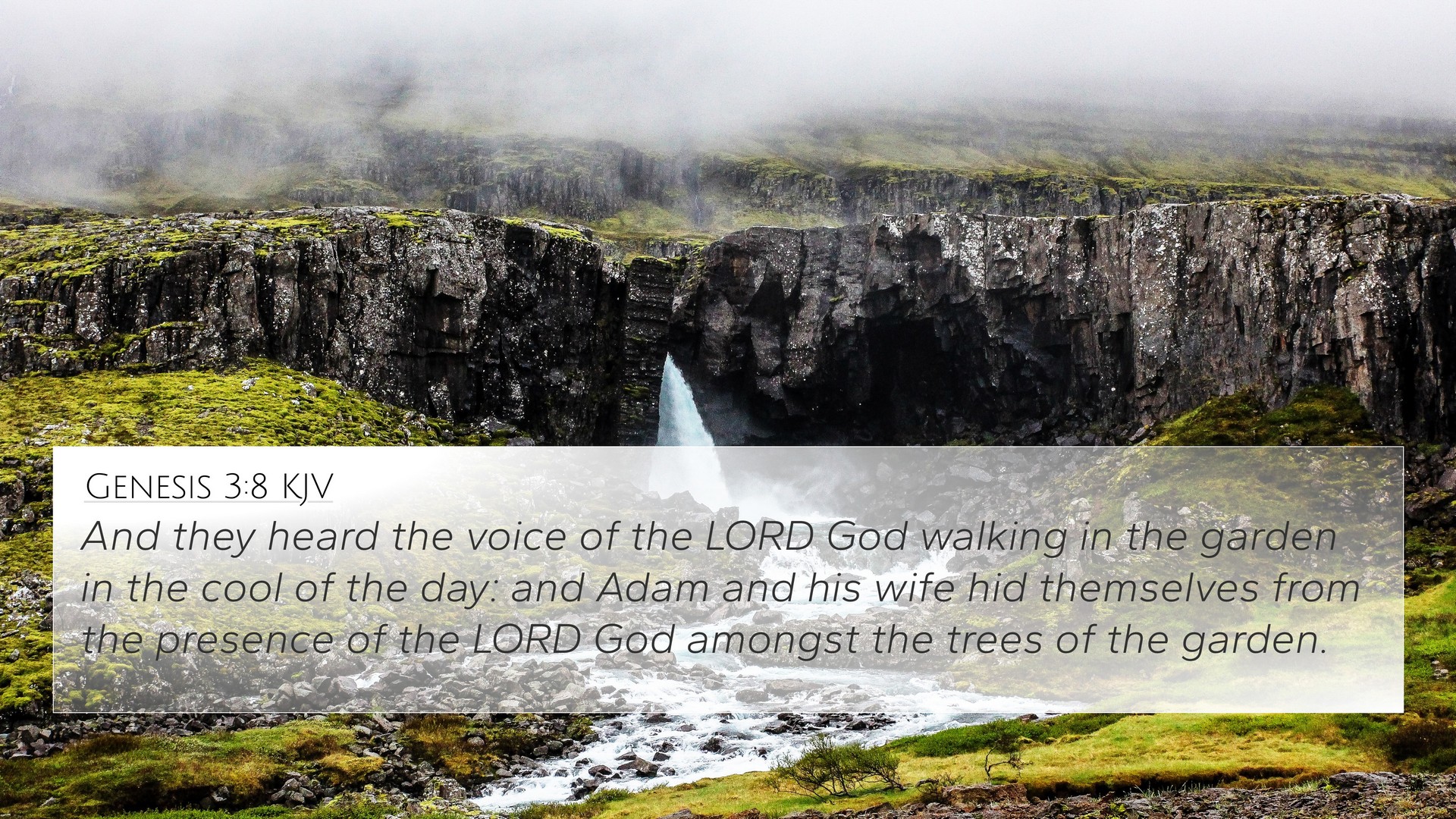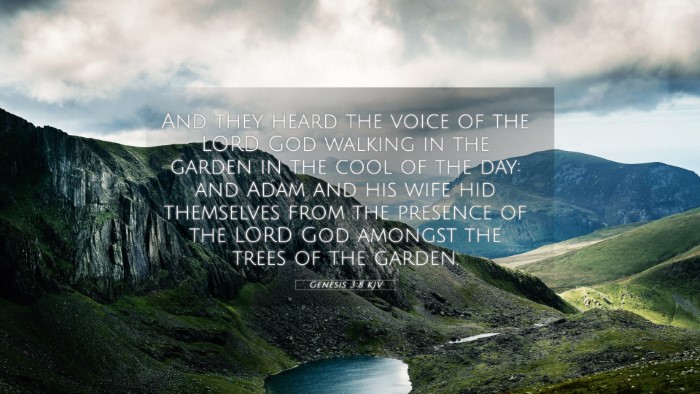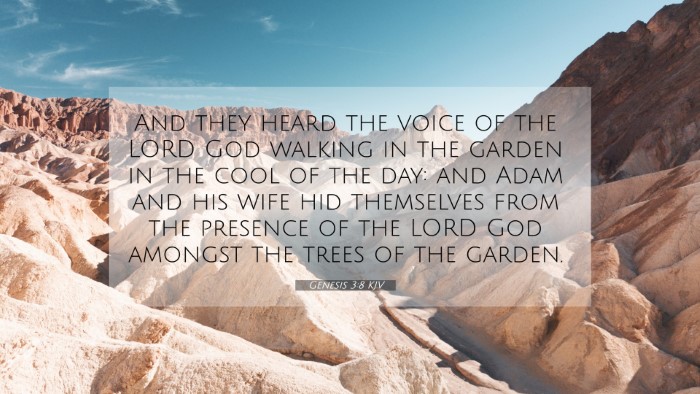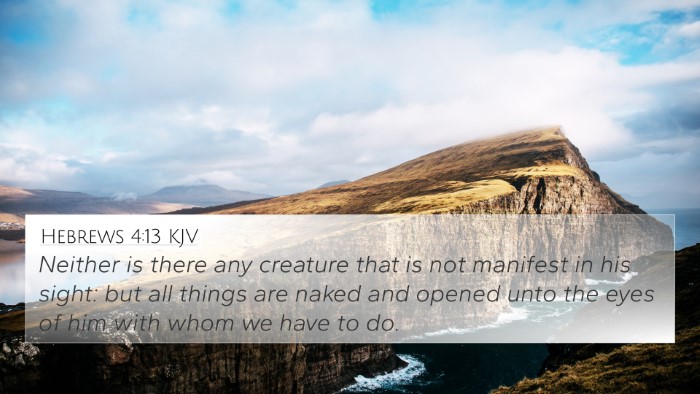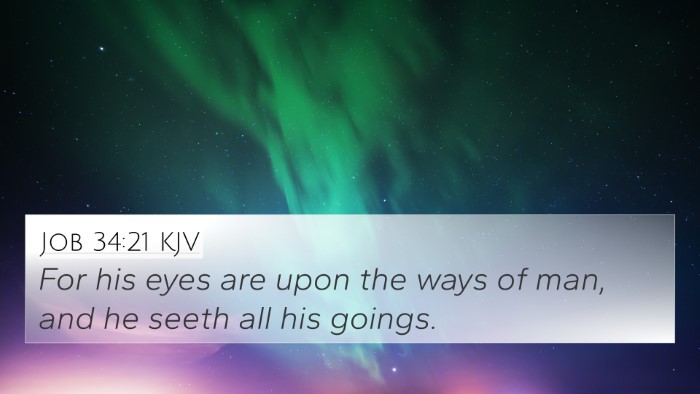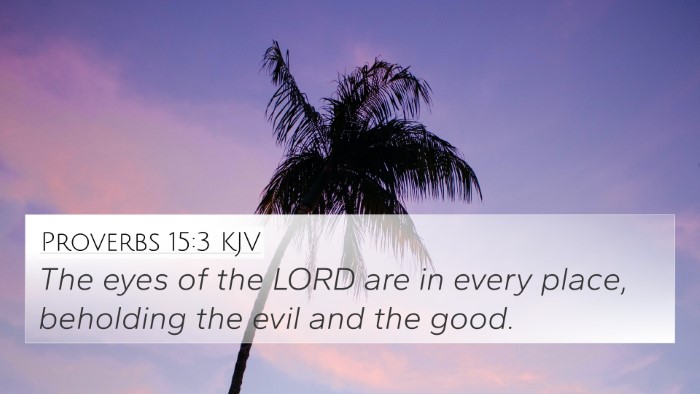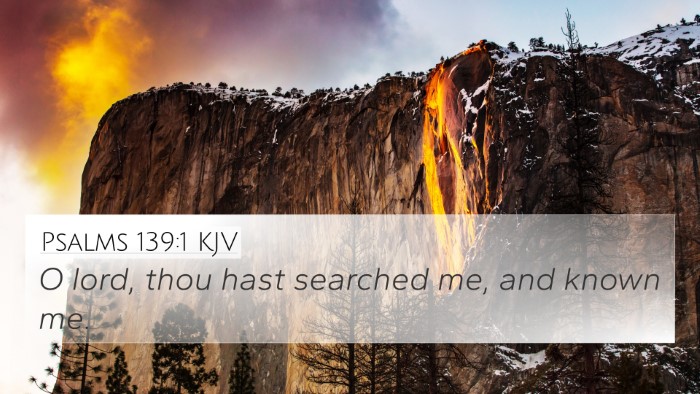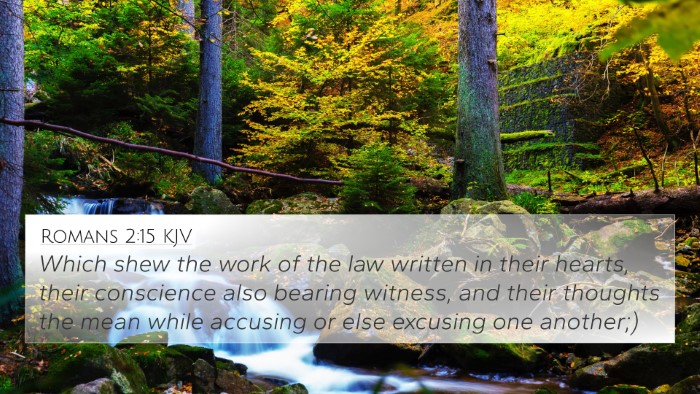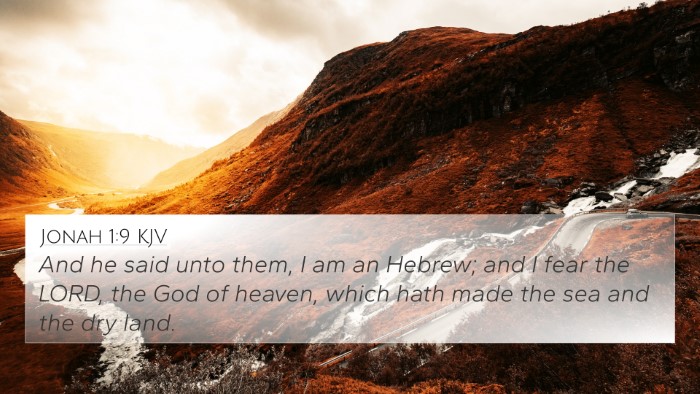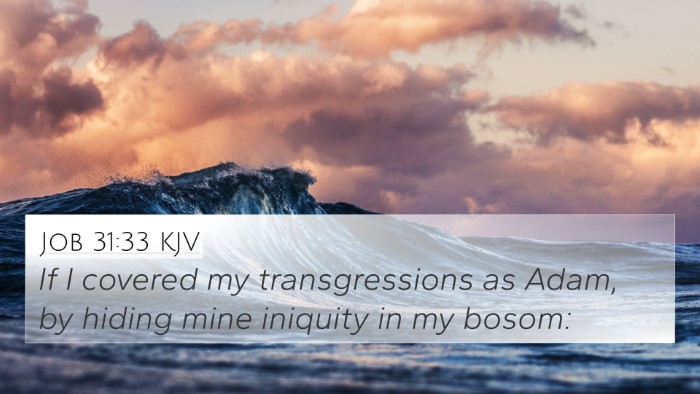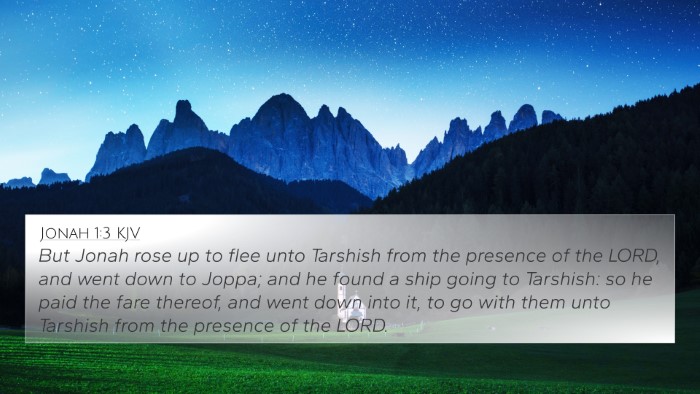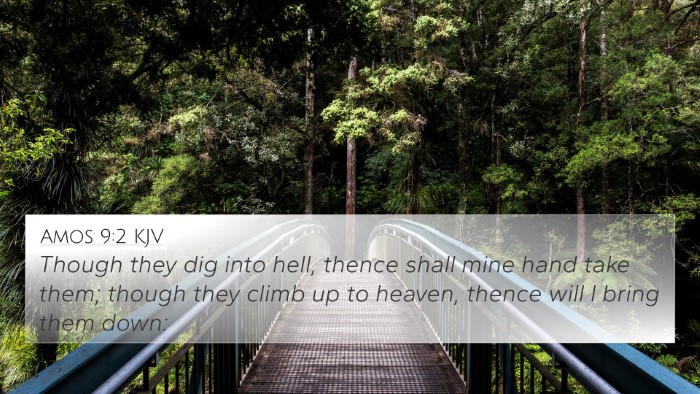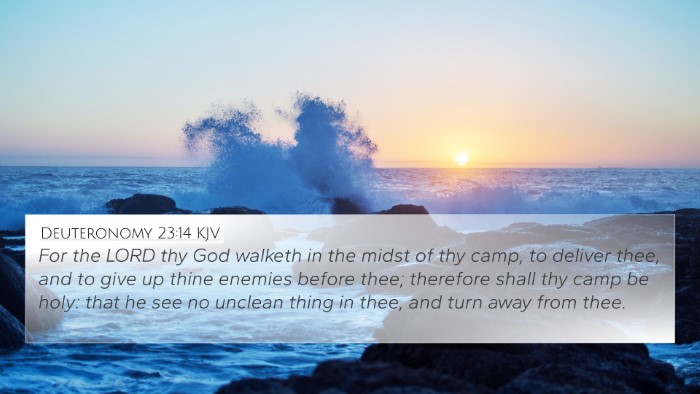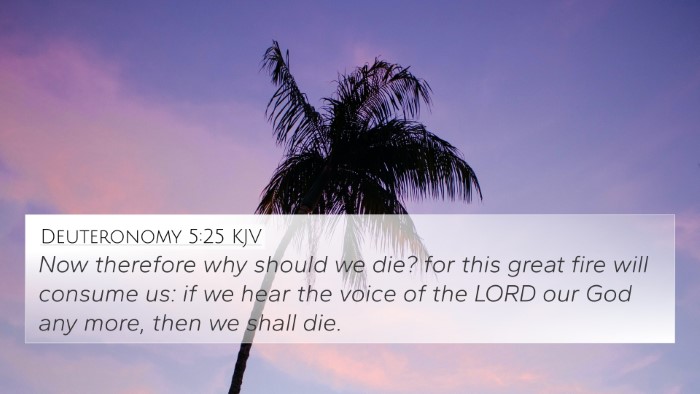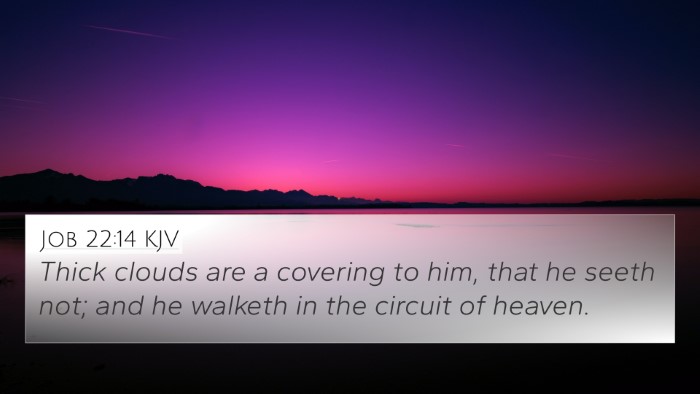Understanding Genesis 3:8
Genesis 3:8 states, "And they heard the voice of the Lord God walking in the garden in the cool of the day; and Adam and his wife hid themselves from the presence of the Lord God amongst the trees of the garden." This passage is pivotal in understanding the ramifications of sin and the nature of humanity's relationship with God. Below, we will explore the insights from various public domain commentaries to provide a comprehensive understanding of this verse.
Summary of Genesis 3:8
The context of Genesis 3:8 takes place after Adam and Eve have eaten from the Tree of Knowledge, a momentous event that introduced sin into the world. The phrase "they heard the voice of the Lord God walking in the garden" reveals that God frequented the garden and had a relationship with Adam and Eve. This intimacy is shattered by their disobedience, leading them to hide from God. Below are detailed insights from prominent commentaries.
Commentary Insights
Matthew Henry
Henry emphasizes the significance of God's presence and how it transforms once sin enters. He notes that prior to disobedience, Adam and Eve enjoyed communion with God, but following their act of rebellion, they felt shame and fear. This moment illustrates the consequences of sin, highlighting how it disrupts the fellowship between God and humanity.
Albert Barnes
Barnes interprets the phrase "the cool of the day" as indicative of a specific time when God would walk in the garden, suggesting a time of divine visitation. He shares that the act of hiding reflects the psychological impact of sin—shame and a loss of innocence, leading to a desperate concealment from God. This signifies a pivotal turning point in human existence and divine relationship.
Adam Clarke
Clarke discusses the theological implications of this verse, focusing on how it foreshadows the estrangement between God and humanity post-Fall. He notes that God’s walking represents His presence and accessibility, which contrasts starkly with Adam and Eve's desire to hide. This passage encapsulates the deep sense of loss ensuing from disobedience and frames a narrative of redemption throughout the biblical text.
Bible Cross References
This verse offers numerous connections throughout Scripture, illustrating its thematic depth:
- Genesis 2:16-17: God's command regarding the Tree of Knowledge.
- Genesis 3:6: The account of Adam and Eve's disobedience.
- Isaiah 59:2: The impact of sin on our relationship with God.
- Romans 5:12: The entrance of sin into the world through one man's disobedience.
- John 3:19: The condemnation of men who love darkness rather than light.
- Revelation 3:20: God's desire for fellowship with humanity.
- Psalms 139:7-10: The omnipresence of God, even in sin.
Looking Deeper into Genesis 3:8
Examining Genesis 3:8 in conjunction with other scriptures enhances our understanding of the balance of sin and grace, separation from God, and ultimately, redemption. It illustrates humanity’s inclination towards rebellion and the subsequent yearning for God's presence despite our failures.
Thematic Connections
This passage serves as a springboard for understanding broader themes throughout the Bible, including:
- God’s persistent pursuit of humanity.
- The transition from innocence to sin.
- The profound effects of disobedience on human relationships.
- The hope of reconciliation and restoration in later scriptures.
Conclusion
Genesis 3:8 encapsulates a turning point in biblical history, where human disobedience leads to alienation from God. Through cross-referencing this verse with related scriptures, we grasp the broader narrative of Scripture emphasizing both the struggles and the redemptive work of God throughout history. These connections provide valuable insight into the complexity of sin and the immeasurable grace that follows.
